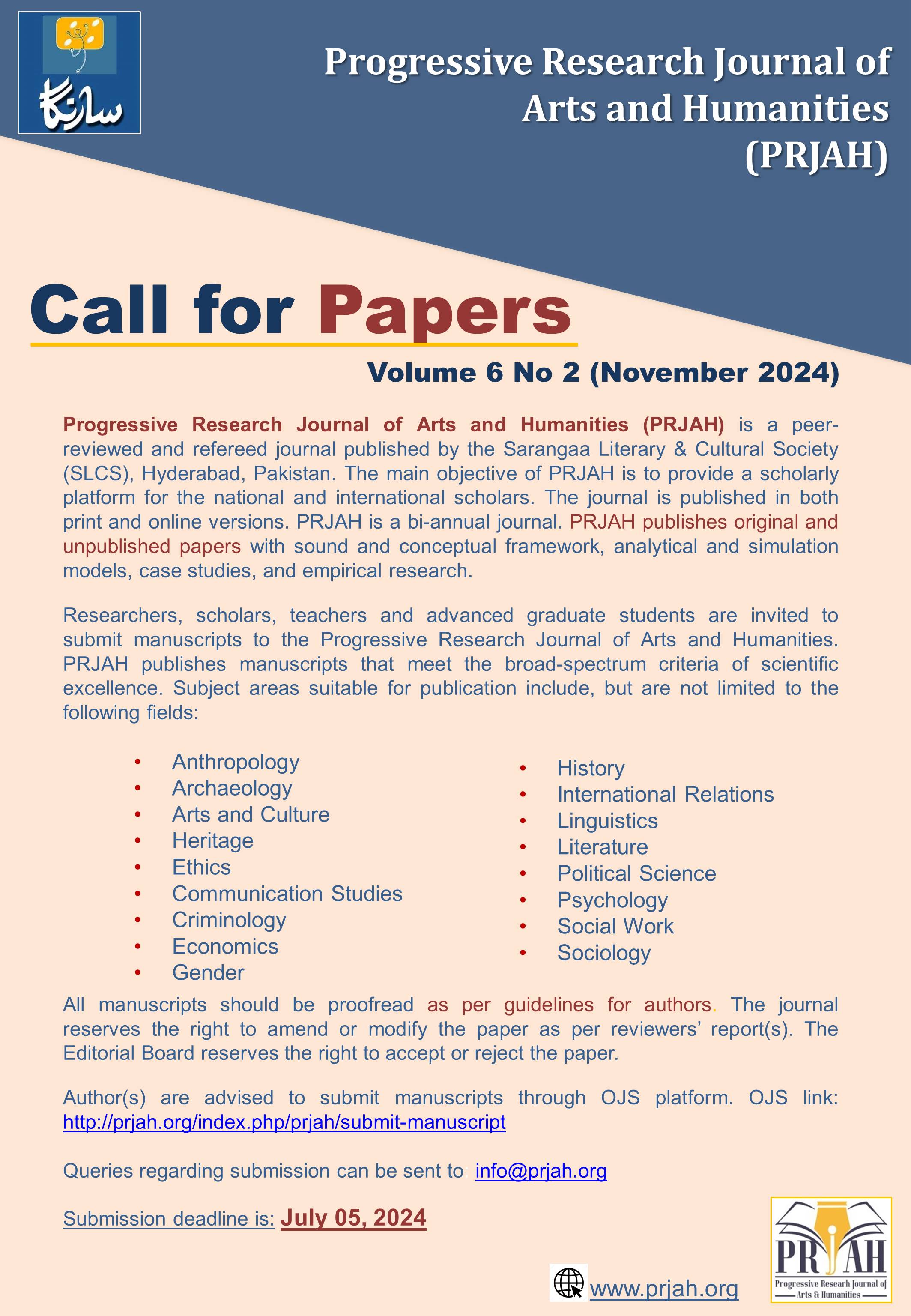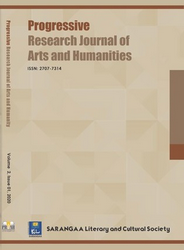What the Instrumentalists Got Wrong? Ethnopolitical Violence, Ethnic Leadership and Ethnopolitical Conflicts
DOI:
https://doi.org/10.51872/prjah.vol3.Iss2.168Keywords:
Ethno-political conflict; Conflict supportive narrative; Nationalists and nationalism; Rohingyas; LTTE.Abstract
As per the instrumentalists, ethnic identity is not primordial and is based on ethnic elite’s political and social construction. They argue that only because there are differences and inequality among the groups is not a sufficient reason for the emergence of a conflict between them. An ethnopolitical conflict would emerge when the elite of a particular ethnic group would make a concentrated effort to highlight this difference and rally the masses on it. The paper argues that Instrumentalist theory fails to explain the timing of politicization and mobilization of ethnicities. Questions such as how significant is the role of history? Could collective memory or history of past injustices generate ethnic mobilization? Why the masses believe and follow the ethnic elite? And why only at a certain time, the efforts of the ethnic elite to mobilize the masses are successful? Are raised and addressed using two case studies of ethnopolitical conflicts: Tamil-Sinhalese conflict, and the Rohingyia-Buddhist conflict. The key finding is that it is the ethnic elite that play the most significant role in shaping the conflict and whether it would get violent using a grievance based narrative and a sparking event







